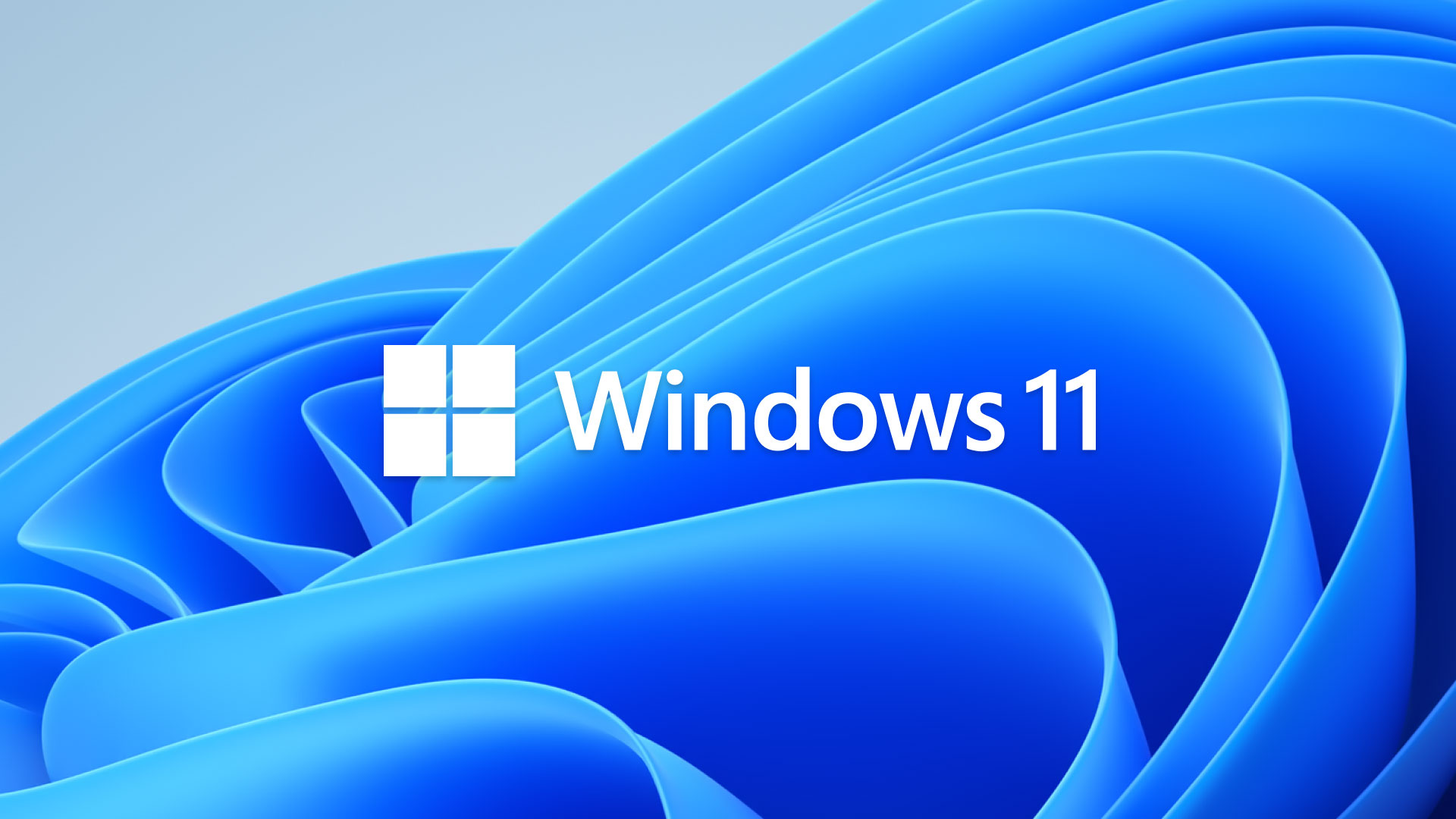Meta’s massive OS announcement is more exciting than a Meta Quest 4 reveal, and VR will never be the same again
Meta Horizon OS could be spatial computing's Windows

Meta has announced that its Meta Horizon OS will no longer be exclusive to its Quest headsets (such as the incredible Meta Quest 3), and this might be the most important news we’ll see in the XR space this decade.
It’s an announcement I’ve been expecting for years – for reasons I’ll outline below – but the short version is Meta has started to turn its Horizon OS into the Windows of the spatial computing era; it’s even complete with a rival Apple OS (the Apple Vision Pro’s VisionOS) and a dash of irony given one of the first three non-Quest systems will be Xbox branded (Xbox is Microsoft’s gaming department for those not in the know).
This means big things for us users, hardware makers, and VR game and app creators alike. But while this announcement is likely bigger than any Quest hardware announcement Meta could make – like a Meta Quest Pro 2 or Meta Quest 3 Lite reveal – it might end up being a double-edged sword.
Windows, Android, Meta Horizon OS
To get you up to speed, a Meta blog post has revealed that three third-party companies are working on devices built using Meta Horizon OS. Those are ASUS, Lenovo and the aforementioned Xbox.
From this announcement alone it sounds like we’re getting three very different pieces of hardware, with a “performance gaming headset,” “mixed reality devices for productivity,” and a more Quest-like headset being promised by the three companies respectively.
For me, this is the best thing about Horizon OS being opened up to third-parties: hardware diversity. Rather than having to put up with the two Quest types – which are the regular budget-friendly line, and the high-end, productivity-centric Pro line – other brands can explore different types of headset to suit a broader range of needs while still offering access to the Horizon OS: the best standalone XR headset OS.
I say that because of Horizon OS’ amazing selection of virtual and mixed reality games and apps, as well as its solid feature set, and its general ease of use. Compared to others I’ve tried from the likes of HTC and Pico, Horizon OS is a clear cut above.
Get daily insight, inspiration and deals in your inbox
Sign up for breaking news, reviews, opinion, top tech deals, and more.

There’s also an advantage in the form of you now getting a cross-hardware library. Currently, if you want to transition to a new VR headset from a different brand you’ve previously had to say goodbye to your game and app collection.
Now, if you pick up a Quest headset and decide you want to get a more specialist gaming machine you could opt for Asus’s upcoming high-end VR gaming hardware without the risk of losing your digital library – instead, you can kickstart your new gaming experience with a whole suite of your favorite titles.
It also makes it easier for VR software creators to get their apps into more players’ hands. Rather than having to devote resources to several different OS’, they can build one Horizon OS build that can be enjoyed by a huge selection of players across a range of different devices – similar to how one Android app can be downloaded on a whole host of different phones.
This Horizon OS announcement feels like a big win for VR accessibility, and giving people access to the hardware they actually crave rather than forcing them to make do with what’s out there.
But why is Meta sharing its OS after years of exclusivity?
Cash is king
Well, the short answer is money, and while I’m not personally invested in Meta’s financial performance (and I expect many of you aren’t either) Quest users do have a reason for caring about the profitability of Meta’s Reality Labs division.
It’s an open secret that Reality Labs has been hemorrhaging cash. In the most recent earnings report at the time of writing, Meta said its Reality Labs had an operating loss of $4.65 billion (via CNBC) – and in total it’s lost over $42 billion since the end of 2020 which is when figures became publicly available.

While Mark Zuckerberg, and Meta executives seem to have faith that virtual reality is the future – and appear to be banking on these current losses turning into profits and market domination down the line – there’s only so long that shareholders will be content with the poor performance of some Meta divisions hampering the dividends they receive.
Combine that with AI and other seemingly more profitable ventures rearing their heads, there’s a non-zero chance that Meta could scale back Reality Lab’s XR development, or even scrap it altogether to focus funds in other areas – which would kill Quest hardware and the metaverse for good.
By licensing its Horizon OS to other companies for a fee, Meta and Reality Labs can start to scale back these losses – buying the division more time in the eyes of shareholders and keeping Quest hardware alive for a little longer.
Obviously, it’s yet to be seen if this tactic will work. It could backfire and kill Quest anyway if a different hardware uses Horizon OS with a more exciting piece of VR hardware, but frankly, that's a Meta issue – if we’re getting great VR headsets, who cares who’s making them?
Though that’s not to say Meta’s Horizon OS sharing won’t backfire for us in other ways.
The ugly side
Do we really want a ‘Windows’ of the XR space?
Windows is one of the most – if not the most – despised pieces of software out there. Just look at our Windows 11 coverage and you’ll see article after article complaining about issues with the software. And Windows issues have existed for generations of the OS, yet we keep buying Windows machines – as of March 2024, 72.52% of desktop computers and laptops use Windows.

Because, what’s the alternative?
Sure you could jump ship to MacOS but it’s not perfect itself with its own occasional bugs, pricey hardware, and inability to run lots of popular software. Chrome OS also runs into those same software incompatibility issues, and others like Linux and Ubuntu are far from approachable if you’re not tech-savvy.
The lack of competition brought about by Windows’ domination has undoubtedly played a part in the OS’ problems and a general lack of truly exciting innovation in the computer OS space. As more and more hardware makers partner with Meta, we might see Horizon OS adopt this ugly side of Windows.
Apple’s Vision Pro, the Samsung XR headset (which I expect Google to handle the OS side of things for given it's announced as an official partner for the headset), and HTC’s standalone VR devices are just some of the brands that should serve as competition to Horizon OS – not to mention PC VR hardware from the likes of Pimax and others – and hopefully they’ll help to keep things exciting.
But only time will tell if Meta will follow Microsoft's Windows and mimic its issues, or dodge its failings.
You might also like

Hamish is a Senior Staff Writer for TechRadar and you’ll see his name appearing on articles across nearly every topic on the site from smart home deals to speaker reviews to graphics card news and everything in between. He uses his broad range of knowledge to help explain the latest gadgets and if they’re a must-buy or a fad fueled by hype. Though his specialty is writing about everything going on in the world of virtual reality and augmented reality.